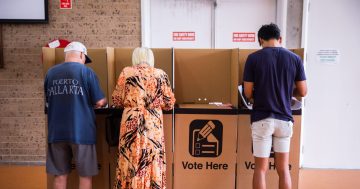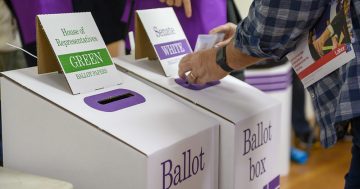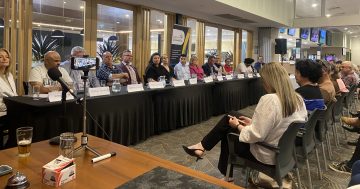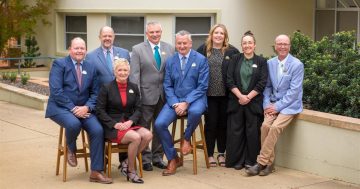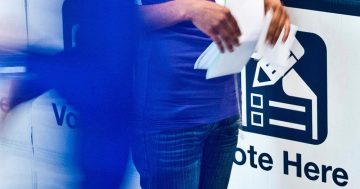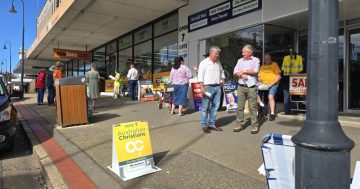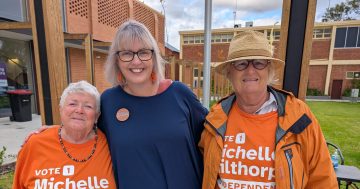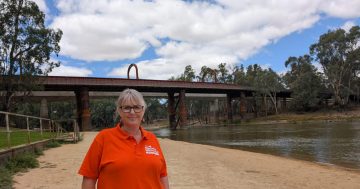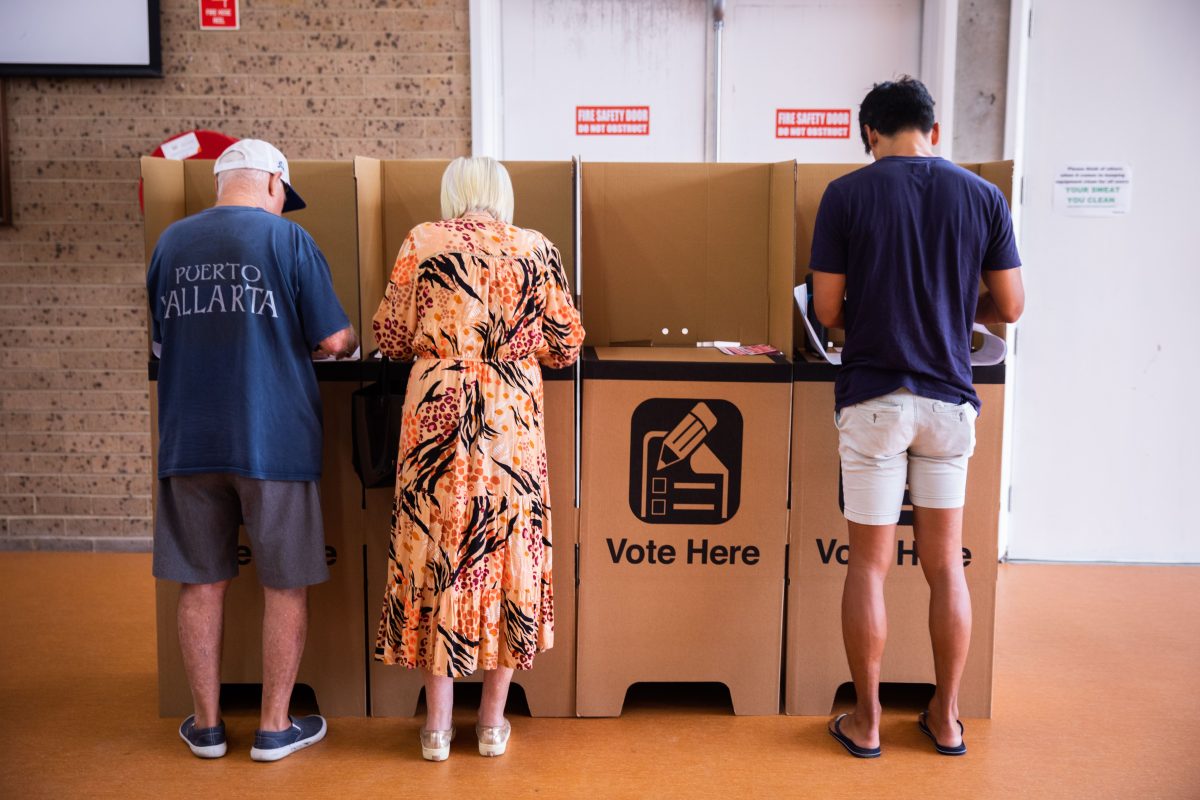
A significant number of people submitted informal votes in the 2024 local government election. Photo: NSW Electoral Commission.
Votes are still being counted across the state, but it’s clear already in some electorates informal votes have increased significantly in comparison to 2021.
For example, in the 2021 Local Government Elections in Wagga, there was a total of about 2634 informal votes, making up a record 6.84 per cent of the final tally.
This year the initial count showed more than 6000 informal votes – suggesting that the number might be high once again.
The University of Wollongong’s Professor Greg Melleuish is an election analyst, and said he wasn’t surprised by the spiking numbers across the state.
“The choice was fairly narrow, so people feel they can either vote informal or vote for a candidate they don’t want,” he said.
“In other countries people express disgust with the existing parties by not turning up to vote.
“We have compulsory voting, so in Australia the informal vote is a measure of dissatisfaction with the system.”
Prof Melleuish was quick to point out the reason there were no Liberal candidates in many areas: the party’s own failure to lodge essential paperwork on time.
He said it was an example of why party politics didn’t always translate well to local government, and why party members might want to consider running independently in future.
For disaffected, dyed-in-the-wool Liberal voters however, he said there were better options than voting informally.
“If you submit an informal vote nothing happens,” he said.
“It’s my personal view that it’s better to vote for an independent than not to vote at all.
“There’s at least a chance you might get someone in who is able to do something on the council to represent your views.
“They’re more likely to be motivated to build relationships with the community, because they can’t rely on party loyalty.”
Prof Melleuish’s advice goes both ways though.
He said in this election many independent candidates had a low profile and had not engaged with the wider community enough.
“If you’re running as an independent and you don’t have a high profile you need to make the effort,” he said.
“In Wollongong the amount of information available about some independent candidates wasn’t great, so you don’t necessarily know who they are or what they value.
“Especially in rural places, people vote for who they know, and that’s harder in large electorates like Wollongong; it’s more anonymous here and councillors don’t necessarily achieve that same bond with their electorate.”
Original Article published by Zoe Cartwright on Region Illawarra.








